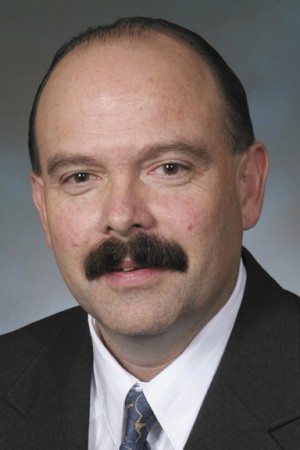
OLYMPIA – After Western Washington legislators extolled the value of wolf packs in Eastern Washington, Rep. Joel Kretz (7th District) decided he would assist in the efforts to make relocating wolf packs to Western Washington easier through legislation this year.
House Bill 1258 would remove barriers, both natural and regulatory, to the relocation of wolves from around the state to Western Washington locations, such as the Olympic Peninsula and San Juan Islands.
“We have a situation where folks on the west side of the state really want to share in the ecological benefits wolves bring to our state, but barriers such as Interstate Five and waterways, like those surrounding the San Juan Islands, inhibit the natural migration of wolves to those areas,” Kretz explained. “My bill would create a system by which community members, including legislators, could request wolves be transported by the state Department of Fish and Wildlife across the natural barriers to thrive in new habitat where they will be welcomed.”
Kretz said Sen. Kevin Ranker (D-Orcas Island) is one of the biggest proponents of wolf reintroduction to the state and two of the San Juan Islands would be perfect for reintroduction.
The legislator says he’s having fun, but is also serious about the measure.
“You know I went around with a blue sheet thinking they’d rush to get on board, but I didn’t get one signature from the west side. This was a fun one, because that’s where all the support for the wolves comes from. They like wolves, but only when they’re in our district,” said Kretz.
House Bill 1258 would ensure all Washingtonians share in the benefits of an expanding wolf population, according to the bill’s title.
“This is a one-Washington bill, this is a classic of what you hear when they want to build a stadium and such. This is their chance to step up and create a truly united Washington.
“I’m serious and I’m going to push it. If I could get our delisting bill through that would allow regional delisting areas as the federal government (east of Highway 97) has done it wouldn’t have such an impact.”
Kretz said the way it stands now the wolves have to be recovered statewide, but he says that could take decades.
“Washington State has a long tradition of land stewardship that makes excellent agriculture regions and habitat for large predators, such as wolves,” Kretz said.
“Private landowners are the best and most effective environmentalists. As such, there are areas on the west side of the state that would fit the bill for large predator habitat. We should not geographically limit the migration of wolves to areas where they will be welcomed and there is the habitat that allows them to flourish,” he said.
Kretz added that he and other residents in the Seventh District feel greedy for hoarding all the ecological benefits of wolf packs.
“It’s clear our part of the state is home to the lion’s share of these large predators. My bill would help the Department of Fish and Wildlife accelerate the pace of translocating wolves so all Washingtonians can enjoy them,” Kretz said.
“This move could generate the eco-tourism west side legislators always cite as part of growing our economy.”
The Wauconda Republican was concerned with the Department of Fish and Wildlife’s decision to host public meetings on wolf management in areas of the state where there aren’t any wolves.
“The department hosted public forums in Spokane Valley, Olympia and Seattle. These places don’t have any wolf packs, which raises one obvious question: Why hold the meeting there?” Kretz asked. “Those meetings should have been held in locations where people have actual experience in dealing with the animals. My constituents are frustrated and I don’t blame them.”
However, if the measure proposed by Kretz were signed into law, meetings in Seattle and other locales on the west side of the state would be necessary.
“My bill, if passed, would truly be a successful collaboration between east and west, urban and rural and rich and poor parts of the state,” said Kretz.
“Those residents and communities that support housing wolf packs at all costs are free to do so. Those of us dealing with the economic costs associated with loss of livestock and pets can deem the wolves nuisances and, therefore, make the animals available for relocation where they will be set free to roam unfettered in new habitat.”
Kretz said he expects the legislation will be embraced in a bipartisan manner.
“This truly is a “one Washington” bill,” Kretz said.
For more information, visit his website at: www.houserepublicans.wa.gov.
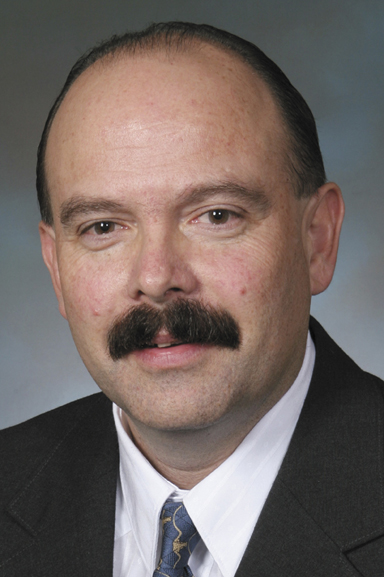
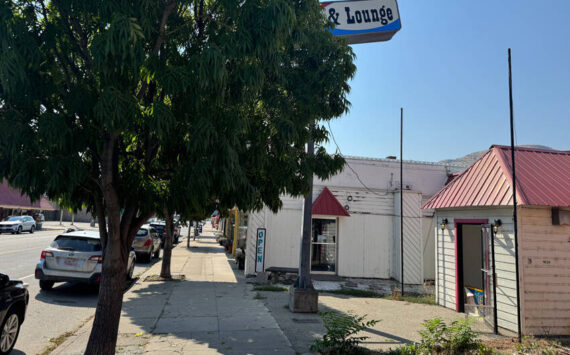
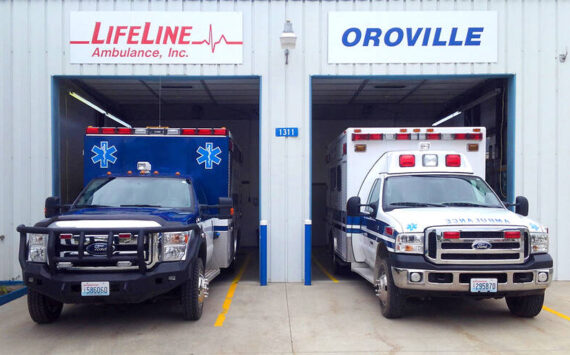
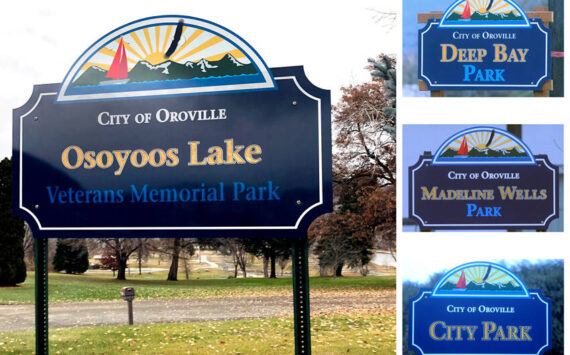
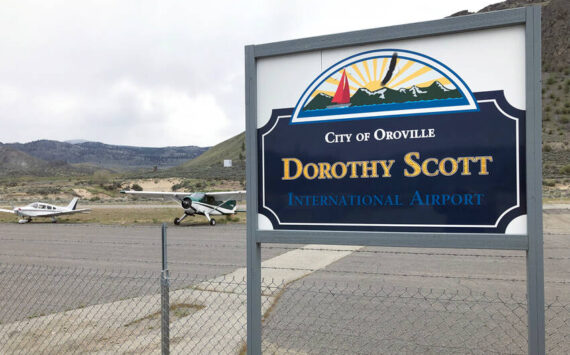


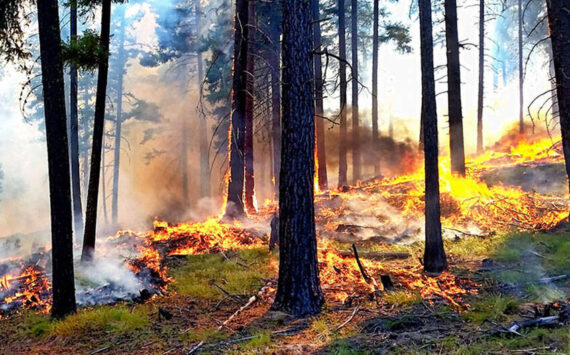

Comments are closed.